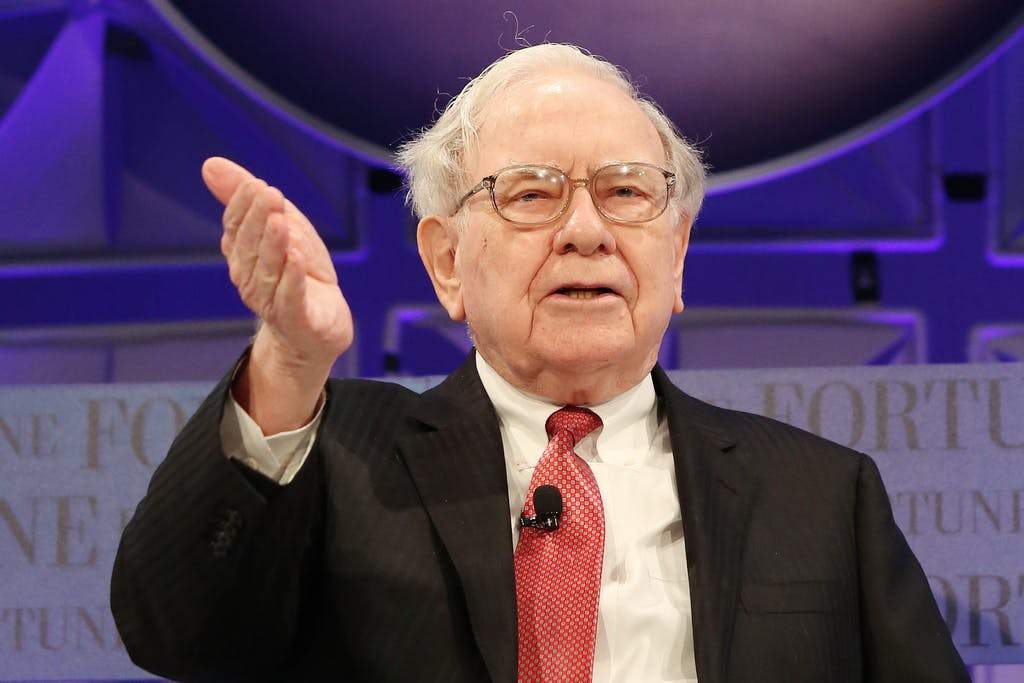
Blackrock CEO Larry Fink is right to warn against the perceived complacency of index funds, as their influence on corporate governance increases, writes Arun Kakar
Index funds are underestimated at the peril of complacent management, so says Blackrock CEO and newly minted billionaire Larry Fink.
He should know. Pressure from his firm and fellow index giants Vanguard and State Street were able to use their shares in the company to force ExxonMobil to report on its climate change impact measures last year. Some 62.3 per cent of shareholders, bolstered by index funds, rebelled against management to inflict an unprecedented defeat on the oil and gas giant.
Index funds- investments in markets rather than individual stocks (as in active funds) – are currently experiencing a purple patch. Low in cost and relatively easy to manage, the funds forgo trading for tracking: individual company shares can’t be sold in response to poor performance, but returns are balanced out by the sum average of all the stocks in the stable.
There are currently $11.9 trillion in equities globally, amounting to 18 per cent of the global stock market. Detractors argue that they haven’t been around long enough to know if they are better than active funds, but with heavyweights like Fink, Charlie Munger and Warren Buffet flying their flag, pension funds and ISA’s are pouring in. In 2017, investors pumped over $692 billion into index funds across all asset classes compared to a $7 billion outflow for active funds. All of a sudden, publicly listed companies have found themselves with index funds as their large equity holders.
‘What private wealth management has done over the last five years is to try and belittle the success that index funds have had,’ says Jamie Waller, CEO of investment organisation Firestarters. ‘Now they’re coming to the conclusion that every year they have grown substantially.
‘With new laws around fees and transparency on private wealth management, you can imagine they are only going to grow even greater over the next year.’
Now, they are starting to muscle into corporate governance.
‘Globally, investors’ increasing use of index funds is driving a transformation in Blackrock’s fiduciary responsibility and the wider landscape of corporate governance,’ wrote Fink in his annual letter to CEOs in January.
Shareholder votes against management can force changes in major companies, Fink wrote this week in a report on asset management for Banque de France, co-authored by Blackrock vice chairman Barbara Novick.
‘The decision to vote against management followed several years of engagement with senior management at both companies on a range of governance — including social and environmental — factors relevant to the long‑term strategy and performance of the business,’ it said.
Index funds have traditionally stayed out of management issues. They can’t sell their stock and jump ship from a company in the way active investors can if they’re dismayed by performance. Neither has it really been in their remit as ‘passive’ funds.
‘Index funds can’t expect to buy large shares in organisations and then just sit back and allow the guys that actively manage them to instigate and implement change,’ says Waller, who pins ‘the real reckoning’ of index funds to come alongside his prediction of a bear market in the next 12 to 18 months.
‘Just because you don’t have the threat of dumping stock and leaving, it doesn’t mean you don’t have a responsibility as a shareholder to make the management meet the shareholder’s requirements,’ he adds. With ExxonMobil, institutional investors and mutual funds held more stock than any individual investor. The largest, Vanguard’s total Stock Market Index, holds 102.4 million shares.
The UK’s largest investment manager, Legal and General said last month that it would vote against any FTSE company chairman whose board is more than 75 per cent male with its substantial index funds. Passive funds are no longer sitting idle as corporate decisions go unchecked.
In his new model of shareholder engagement, Fink asks that firms demonstrate considerations for long-term strategy, performance and value creation. Blackrock’s investor-stewardship initiative launched in 2011 engages with management rather than opting for a proxy voting approach. The initiative is set to double in size this year, with Fink demanding that companies understand the societal impact of their business.
‘Companies must ask themselves: What role do we play in the community? How are we managing our impact on the environment?’ wrote Fink. ‘Are we working to create a diverse workforce? Are we adapting to technological change?’
As these responsibilities of companies grow, so do those of asset managers.
Arun Kakar is a writer for Spear’s






